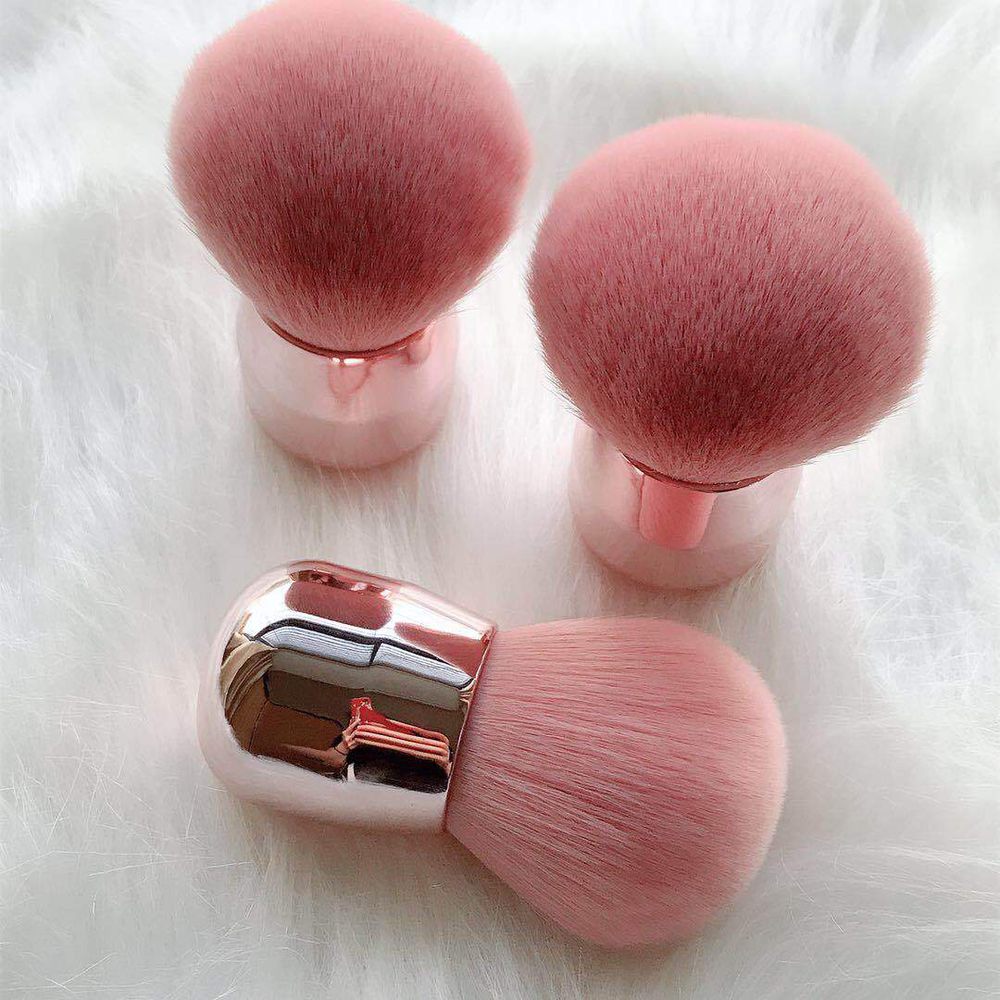Industry news
Japanese Brush Makers Introduce "Carbon-Neutral Bristles" via Plant-Based Polymer Technology
- 852 Views
- 2025-08-31 01:31:50
Japanese Brush Makers Pioneer Carbon-Neutral Bristles with Plant-Based Polymer Breakthrough
In an era where sustainability has become a defining factor in consumer choices, Japanese brush manufacturers are making waves in the beauty industry with the launch of "carbon-neutral bristles," a groundbreaking innovation powered by plant-based polymer technology. This development marks a significant leap forward in addressing the environmental challenges long associated with traditional cosmetic brush materials, setting a new benchmark for eco-conscious manufacturing.

Traditional cosmetic brush bristles, often made from petroleum-based尼龙 (nylon) or polyester, have long posed environmental concerns. Their production relies heavily on fossil fuels, generating substantial carbon emissions, while their non-biodegradable nature contributes to long-term plastic pollution. As global beauty consumers increasingly prioritize brands with strong ESG (Environmental, Social, Governance) credentials—68% of global buyers now factor sustainability into purchasing decisions, per 2024美妆行业报告—Japanese makers saw an urgent need to reimagine brush materials.

The breakthrough lies in plant-based polymers derived from renewable resources such as corn starch, castor oil, and sugarcane. Unlike fossil fuel-based counterparts, these polymers are synthesized using bio-based feedstocks, drastically reducing reliance on non-renewable energy. Japanese manufacturers have optimized the production process further by integrating renewable energy sources (solar, wind) into manufacturing facilities and implementing carbon capture technologies, achieving "cradle-to-gate" carbon neutrality—a certification verifying net-zero emissions from raw material extraction to product出厂.
Beyond environmental benefits, the new bristles aim to match or exceed the performance of traditional materials. Early tests show the plant-based polymers offer comparable softness, powder retention, and durability, with added advantages: enhanced biodegradability in marine and soil environments (breaking down in 2–5 years vs. centuries for nylon) and reduced skin irritation due to natural molecular structures. This balance of sustainability and functionality addresses a key industry hurdle: proving eco-friendly materials need not compromise quality.
The innovation is poised to disrupt the $2.3 billion global化妆刷市场. Japanese manufacturers, known for precision engineering and material science leadership, are already in talks with luxury beauty brands in Europe and North America, aiming to integrate carbon-neutral bristles into 2025 product lines. Analysts predict this could accelerate a broader industry shift; as regulatory pressures on plastic waste mount and consumer demand for transparency grows, plant-based bristles may soon become a standard rather than a niche offering.

Challenges remain, however. Scaling production while maintaining cost competitiveness is a near-term hurdle, as plant-based polymers currently cost 15–20% more than nylon. Yet, with advancements in bio-refining and economies of scale, prices are projected to align with traditional materials by 2027. Additionally, long-term durability data is still emerging, though initial 12-month trials show minimal degradation compared to early biodegradable prototypes.
For the beauty industry, this move signals a deeper commitment to circularity. By reimagining a foundational component—brush bristles—Japanese makers are not just launching a product but catalyzing a mindset shift: sustainability can drive innovation, not just compliance. As one R&D lead noted, "Carbon-neutral bristles are more than a material upgrade; they’re a statement that beauty and the planet can thrive together."
As the sector watches Japan’s progress, one thing is clear: the era of fossil fuel-dependent beauty tools is fading. In its place, a new standard is emerging—one rooted in plant power, precision, and purpose.











